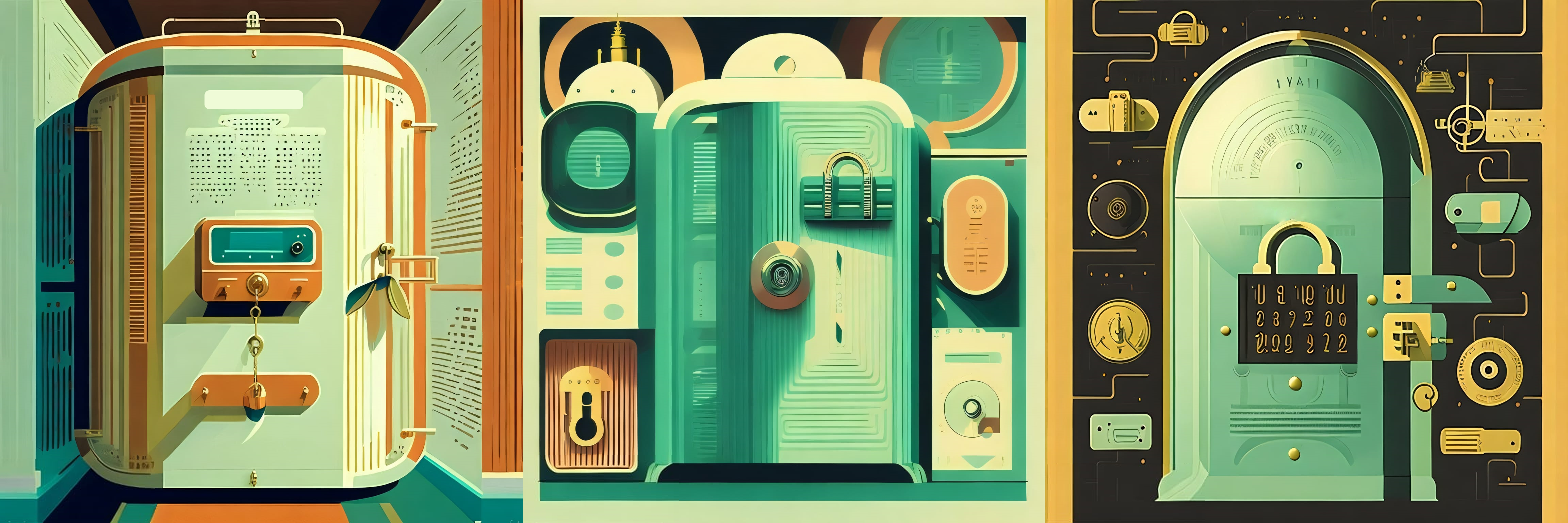“Civilization advances by extending the number of important operations which we can perform without thinking of them.” – Alfred North Whitehead
Lock It Like You Mean It: Why Strong Passwords Still Matter
Because “123456” is not a security strategy
Why Passwords Matter
Hackers love the lazy
Weak passwords are the digital equivalent of leaving your house key under the doormat. In an age where cybercriminals deploy AI-powered cracking tools, short or common passwords are essentially open invitations. From stolen Instagram accounts to drained bank balances, the consequences of a flimsy lock can be devastating.
Strong passwords aren’t paranoia they’re prevention. Identity theft and financial fraud don’t start with Hollywood style hacking; they usually begin with someone typing “qwerty.”
How to Build a Fortress
Length, complexity, and variety are your friends
Good password hygiene isn’t glamorous, but it works. Combine uppercase and lowercase letters, numbers, and symbols. Aim for at least 12 characters. Rotate them every few months. And yes use a password manager.
The best security strategy is diversification. Different accounts, different keys. If one door gets kicked in, the rest of your digital life stays locked. Password managers make this realistic, generating cryptographic gibberish that no human could remember (and no hacker can easily crack).
The Human Factor
Our brains are the weakest link
Here’s the irony: the harder a password is to crack, the harder it is to remember. That’s why so many people reuse the same password across multiple sites. One breach later, the dominoes fall.
This is why managers like 1Password or Bitwarden matter. They don’t just store logins they free you from the mental gymnastics of remembering dozens of strings like “g7$#tF8@jM9&zL3*xK1.” The trick is to secure that one master password with your life.
The Risks of Breaches
When companies leak, you pay the price
Even if your passwords are strong, the companies that store them may not be. Data breaches are the digital oil spills of our age: massive leaks of personal information into the hands of criminals. In 2024 alone, breaches at major firms exposed millions of logins, fueling phishing scams and identity theft.
Google’s Password Checkup and similar tools now warn you if your credentials have appeared in leaks. The advice is simple: don’t wait for a breach notice to act. Rotate, update, and prepare as if compromise is inevitable.
The Future Beyond Passwords
Passkeys, biometrics, and what comes next
Passwords were never meant to last forever. Already, Apple, Google, and Microsoft are rolling out “passkeys” digital credentials stored on devices, backed by biometrics. Instead of remembering strings of nonsense, you authenticate with your face, fingerprint, or secure device.
Until that future is universal, though, passwords remain our first line of defense. The trick isn’t to love them it’s to use them wisely until we can retire them.
Reading List: For the Digitally Paranoid
Essential picks for anyone who still types “password.”
- Bruce Schneier – Secrets and Lies: “Security is a process, not a product.”
- Brian Krebs – Spam Nation: “Behind every weak password is a cybercriminal ready to cash in.”
- Shoshana Zuboff – The Age of Surveillance Capitalism: “Convenience always comes with a hidden cost.”
- Troy Hunt – Have I Been Pwned? : “Check if your digital life has already leaked.”
- Eva Galperin – EFF Security Guides: “Practical steps to protect yourself in an unsafe internet.”
Final Thought
Your password is your handshake with the digital world
We like to imagine cyberattacks as shadowy hackers typing furiously in neon-lit rooms. The truth is more banal: most breaches succeed because someone typed “iloveyou” or “123456.”
Until biometrics and passkeys take over, strong passwords are the lock, key, and guard dog of our digital lives. Treat them with the respect they deserve—or risk leaving the door wide open.
References
- Troy Hunt (2024):Have I Been Pwned?
- Brian Krebs (2014):Spam Nation. Sourcebooks
- Bruce Schneier (2000):Secrets and Lies: Digital Security in a Networked World. Wiley
- Whitehead, Alfred North (1911):An Introduction to Mathematics
- Zuboff, Shoshana (2019):The Age of Surveillance Capitalism. PublicAffairs



